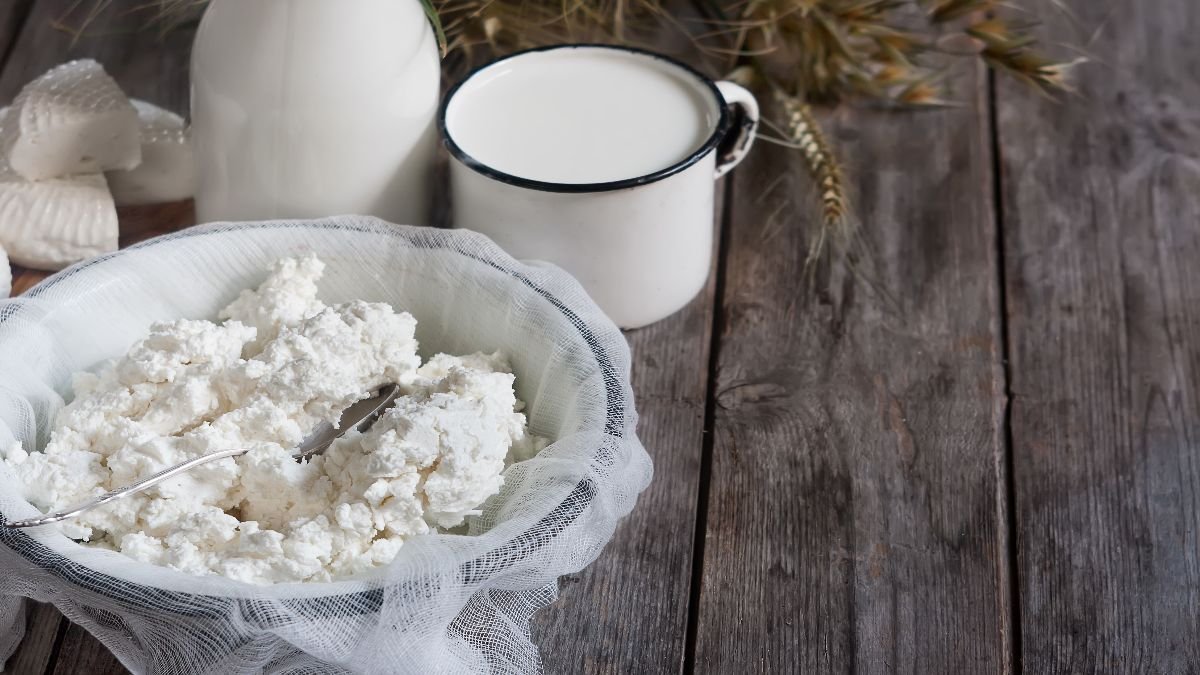Overview:
In a world where protein is often synonymous with meat, many vegetarians find themselves questioning how to meet their protein needs without animal products.
Fortunately, there is an abundance of plant-based foods that are not only rich in protein but also packed with essential nutrients.
This blog explores the top 20 protein-rich foods for vegetarians, detailing their nutritional values and providing image alt text for each food item.
Table of Contents
Top 20 Protein-Rich Foods Include:
1. Lentils
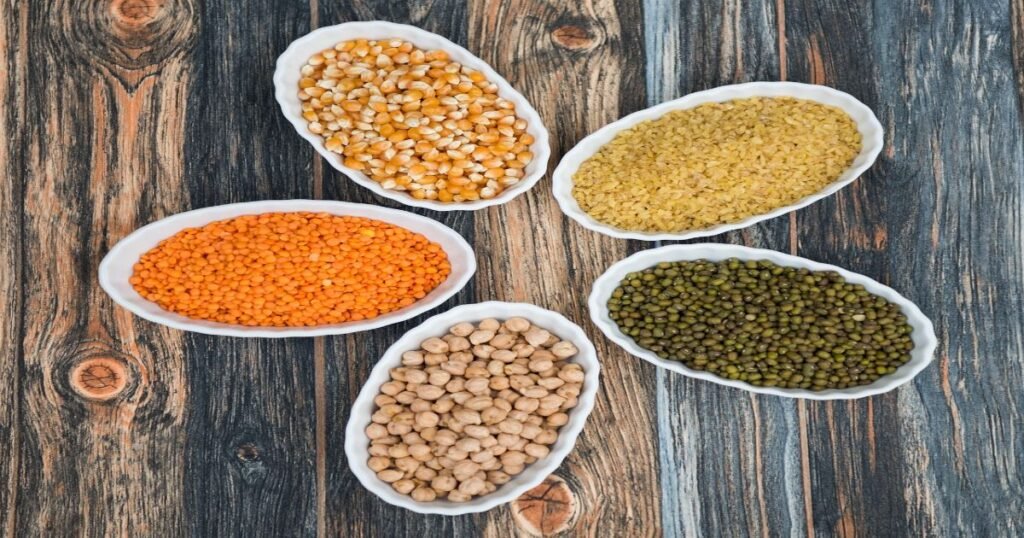
Lentils are a powerhouse of protein, offering approximately 18 grams of protein per cooked cup (240 grams). They are also rich in fiber, iron, and folate, making them excellent for digestive health and energy production.
2. Chickpeas
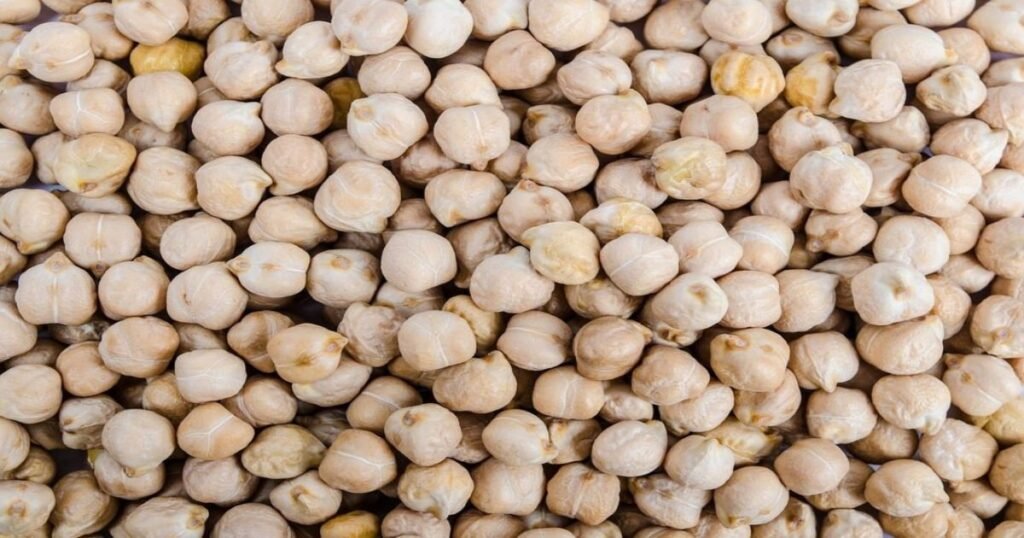
Chickpeas provide about 15 grams of protein per cooked cup (240 grams). They are versatile and can be used in salads, soups, or made into hummus. Chickpeas are also high in fiber and beneficial for heart health.
3. Quinoa
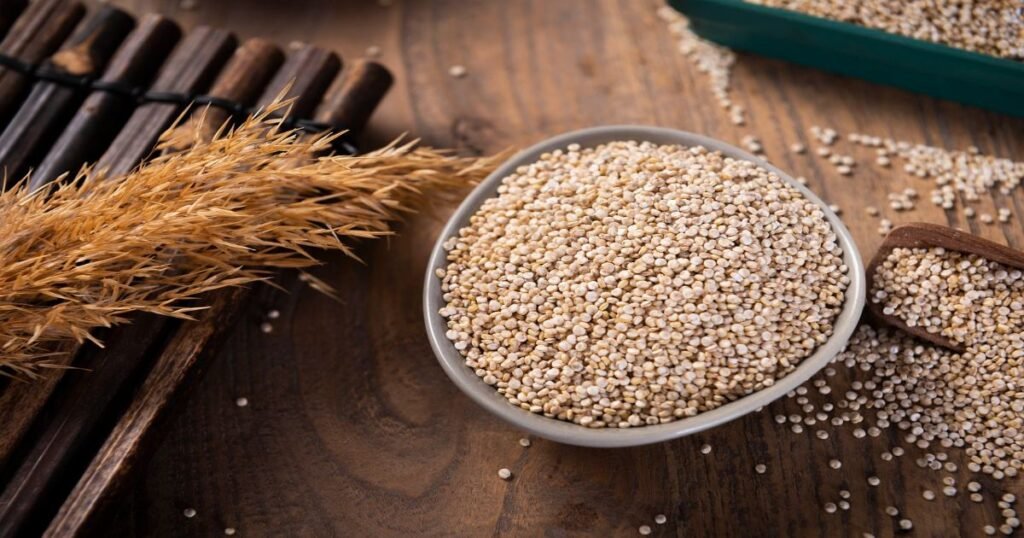
Quinoa is a complete protein source, containing all nine essential amino acids. It offers around 8 grams of protein per cooked cup (185 grams) and is also rich in magnesium and fiber.
4. Tofu
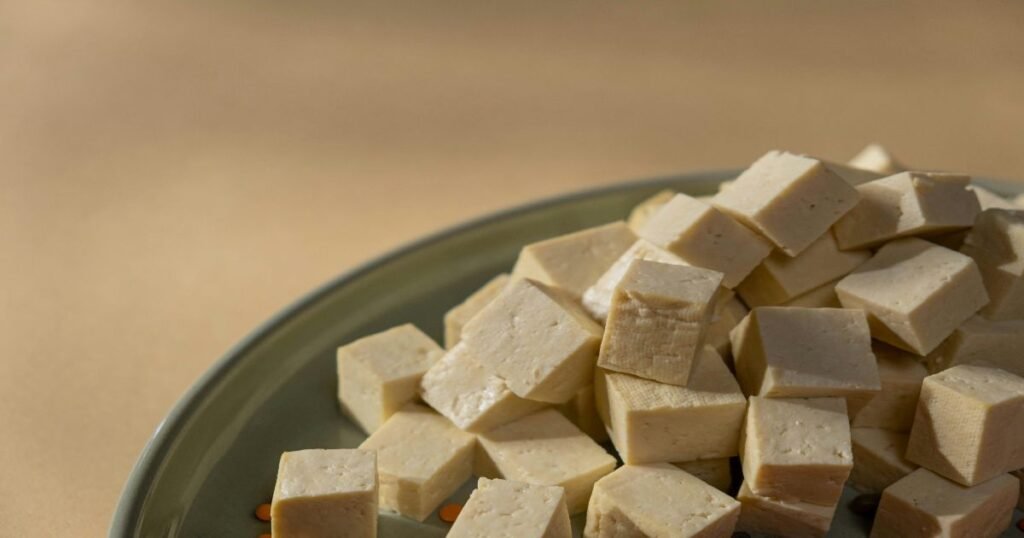
Tofu is made from soybeans and contains about 15 grams of protein per half-cup (126 grams). It is low in calories and can absorb flavors from other ingredients, making it a versatile addition to many dishes.
5. Edamame
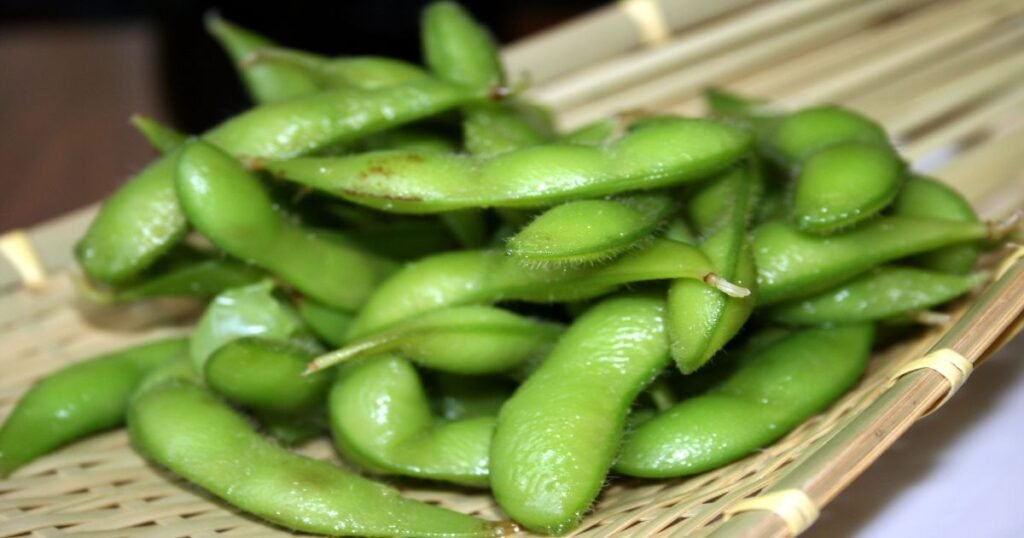
Edamame, or young soybeans, provide around 17 grams of protein per cup (155 grams). They are also rich in antioxidants and vitamins like K and C.
6. Greek Yogurt
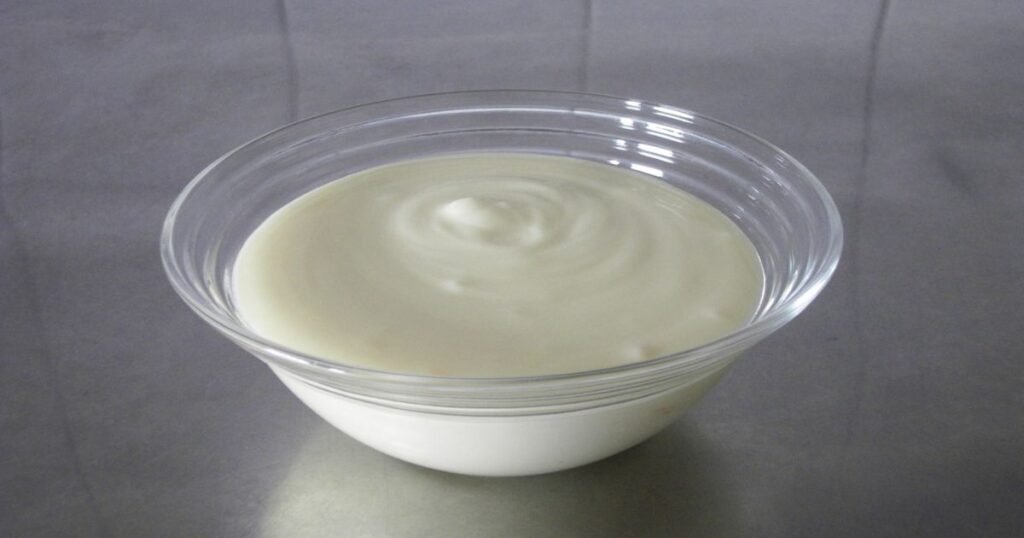
Greek yogurt is an excellent source of protein, offering about 20 grams per cup (245 grams). It is also rich in probiotics, which promote gut health.
7. Cottage Cheese
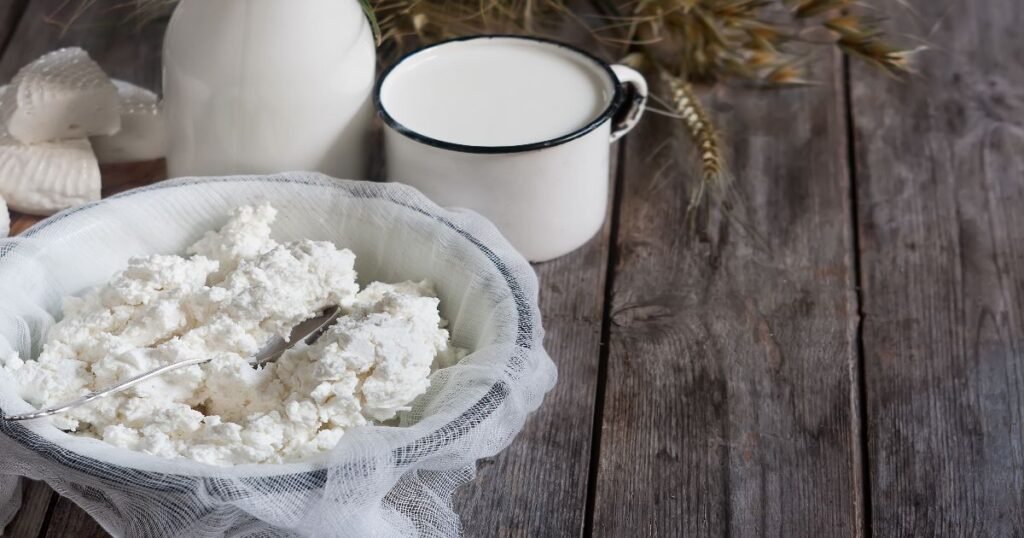
Cottage cheese contains approximately 14 grams of protein per half-cup (113 grams). It is low in fat and can be enjoyed as a snack or added to salads and dishes for extra creaminess.
8. Seitan

Seitan, often referred to as wheat meat, contains about 25 grams of protein per 3.5 ounces (100 grams). It has a chewy texture that resembles meat, making it a popular choice for vegetarian dishes.
9. Peanuts
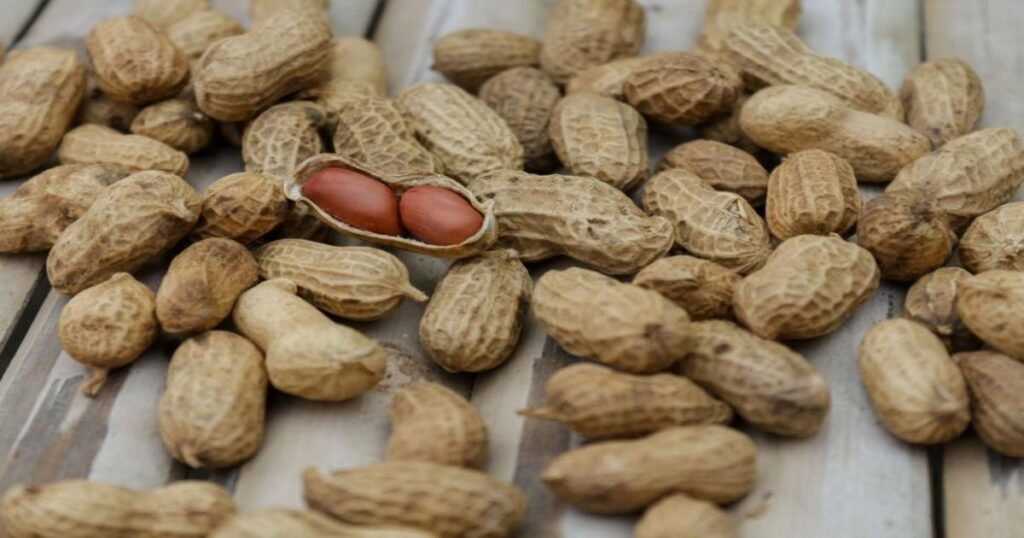
Peanuts provide around 7 grams of protein per two tablespoons (32 grams). They are also high in healthy fats and can be consumed as a snack or used to make peanut butter.
10. Almonds
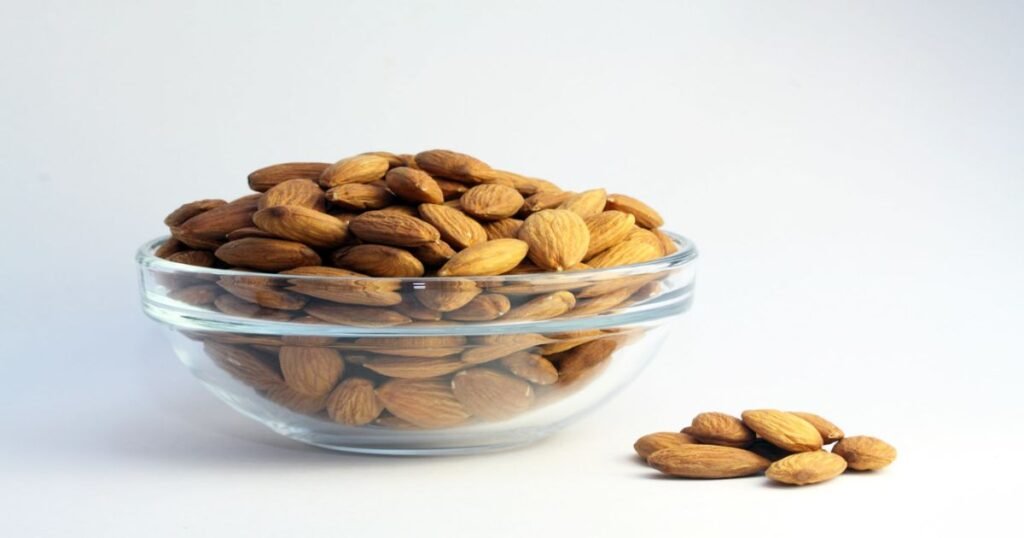
Almonds contain approximately 6 grams of protein per ounce (28 grams). They are also rich in vitamin E and healthy fats, making them great for heart health.
11. Chia Seeds
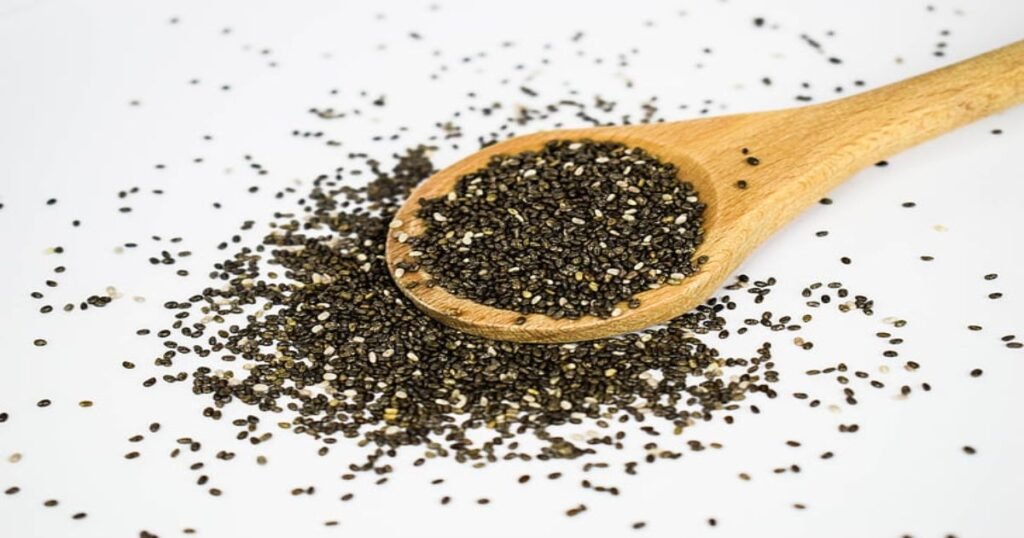
Chia seeds offer about 5 grams of protein per ounce (28 grams) along with omega-3 fatty acids and fiber. They can be added to smoothies, puddings, or baked goods for an extra nutritional boost.
12. Sunflower Seeds
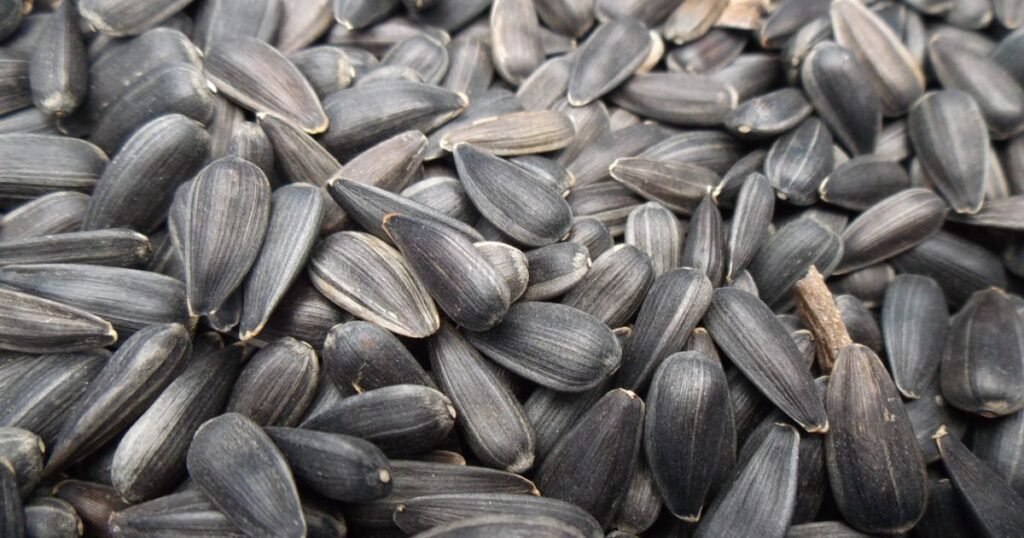
Sunflower seeds provide approximately 6 grams of protein per ounce (28 grams). They are also high in vitamin E and selenium, which support immune function.
13. Green Peas
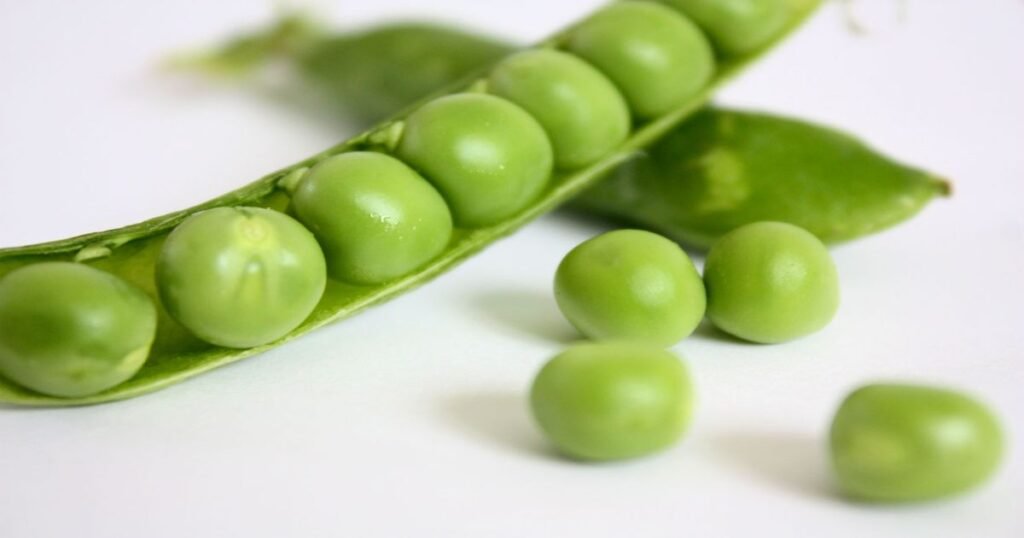
Green peas contain around 8 grams of protein per cooked cup (160 grams). They are also high in fiber and vitamins A, C, and K.
14. Amaranth
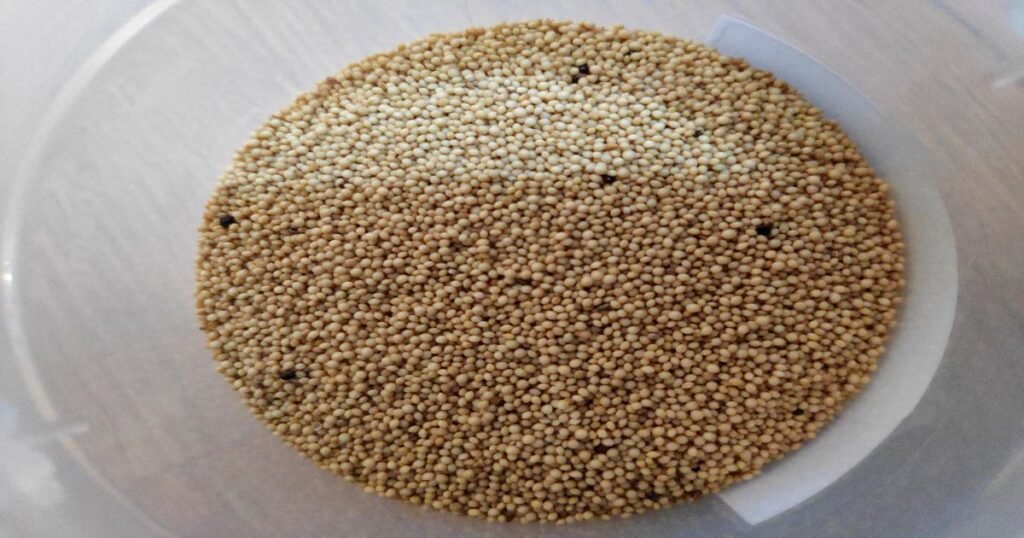
Amaranth is another complete protein source that offers about 9 grams per cooked cup (246 grams). It is gluten-free and rich in iron and magnesium.
15. Buckwheat
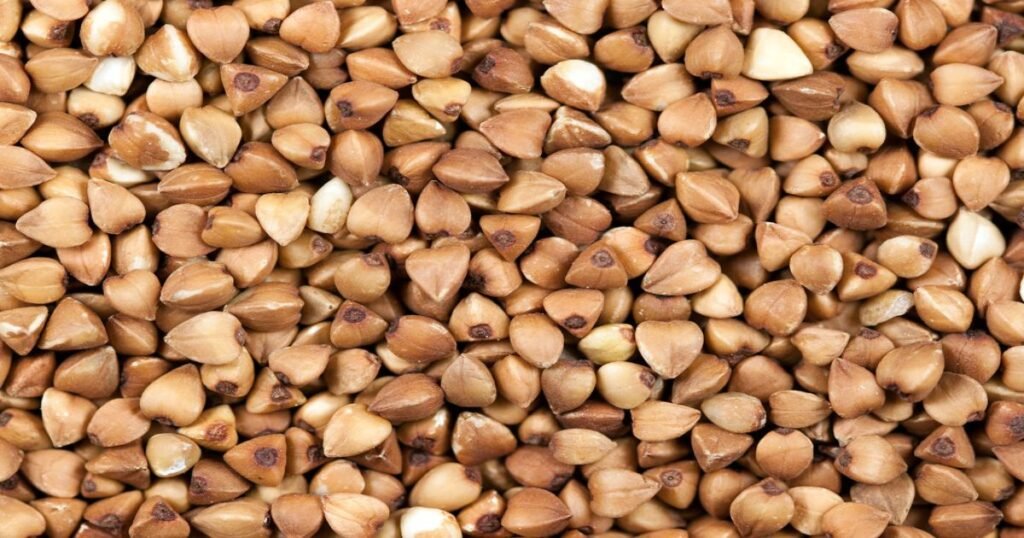
Buckwheat provides around 6 grams of protein per cooked cup (168 grams) and is rich in antioxidants. It’s gluten-free and can be used as a grain substitute in various recipes.
16. Pumpkin Seeds
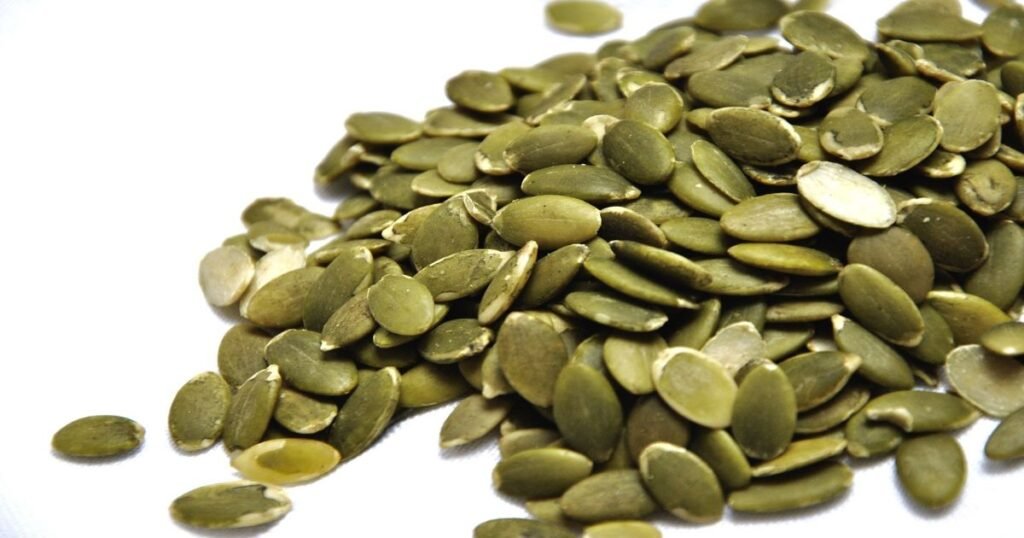
Pumpkin seeds, also known as pepitas, are nutrient-dense and can be easily added to salads or eaten as a snack. One ounce (28 grams) provides about 7 grams of protein.
17. Tempeh
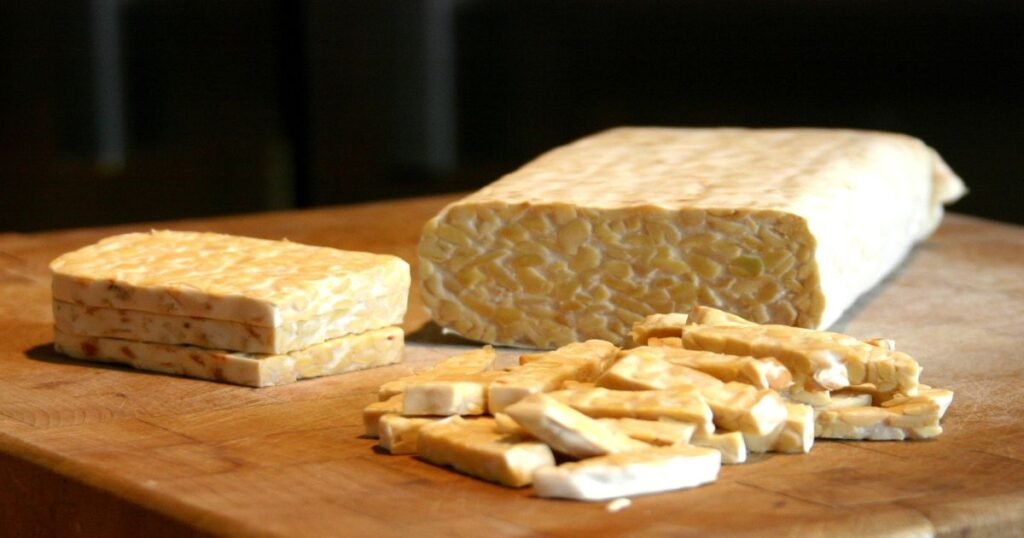
Tempeh is a fermented soy product that is not only high in protein but also packed with probiotics, which are beneficial for gut health. 100 grams of tempeh contains approximately 20 grams of protein.
18. Kidney Beans
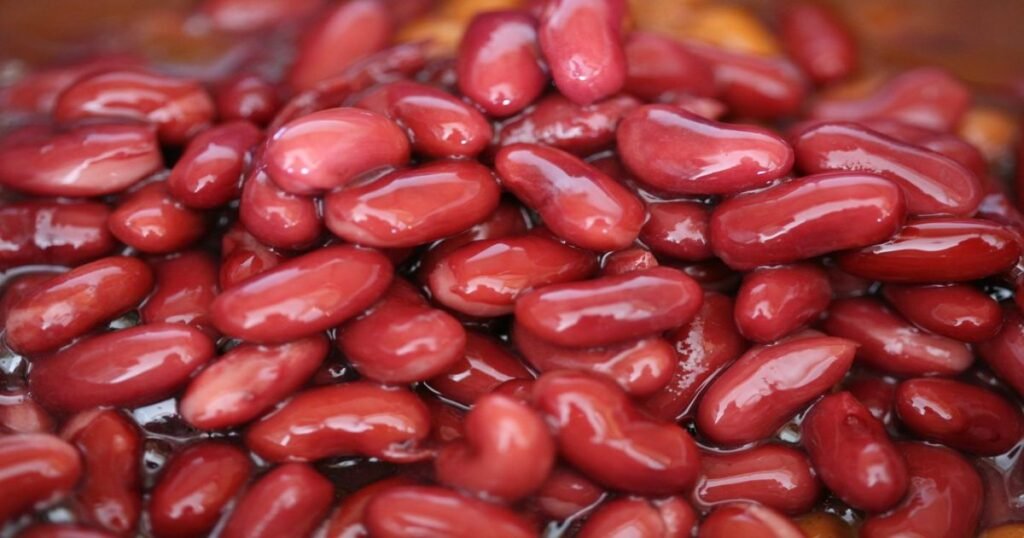
Kidney beans provide approximately 15 grams of protein per cooked cup (177 grams). They are high in fiber and help regulate blood sugar levels due to their low glycemic index.
19. Black Beans
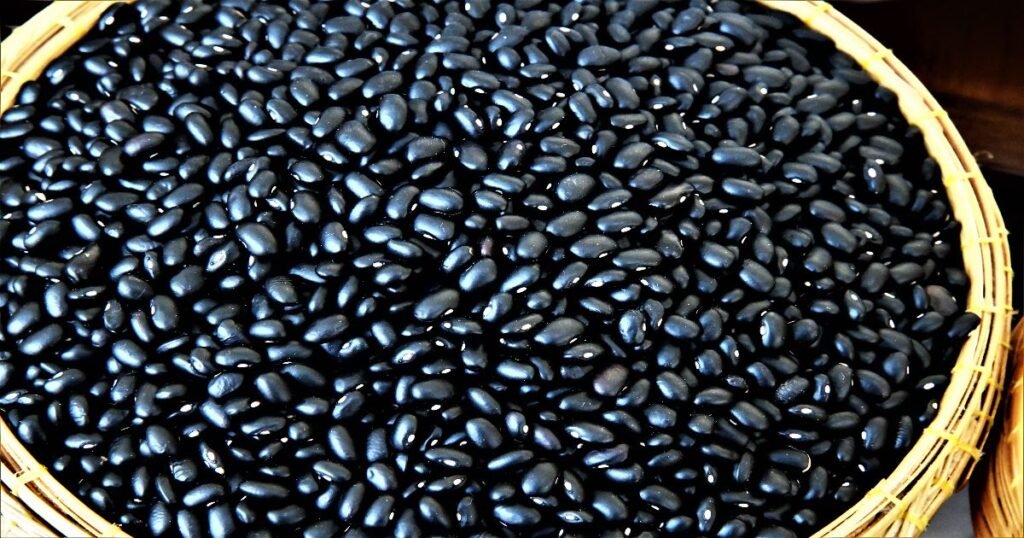
Black beans contain around 15 grams of protein per cooked cup (172 grams) along with significant amounts of fiber and antioxidants that support heart health.
20. Oats
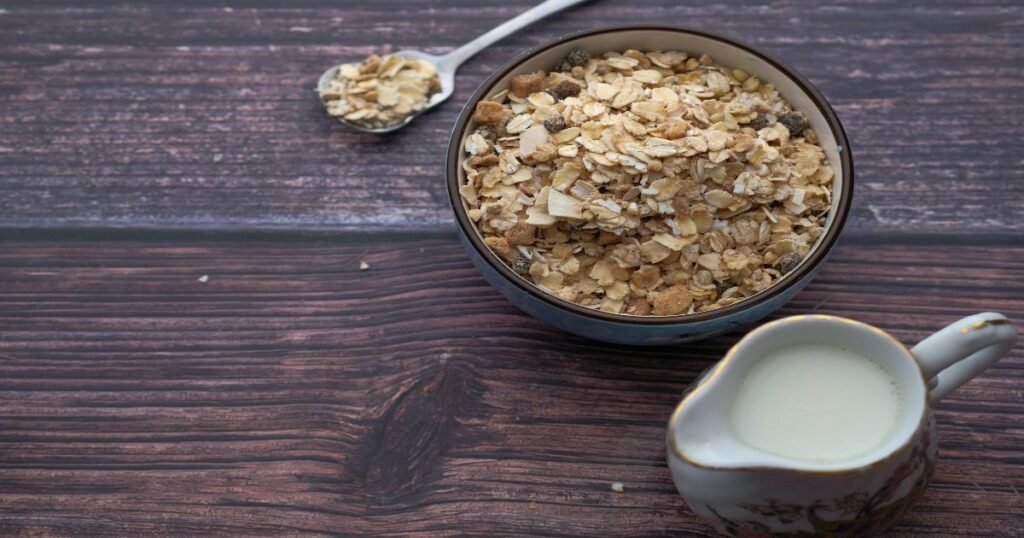
Oats provide about 6 grams of protein per cooked cup (234 grams). They are also high in fiber which aids digestion and helps maintain stable blood sugar levels.
Also Read: Top 10 Calcium-Rich Foods
Conclusion
For vegetarians seeking to increase their protein intake, incorporating these top 20 foods into their diet can significantly enhance their nutritional profile while supporting overall health.
From legumes like lentils and chickpeas to dairy options like Greek yogurt and cottage cheese, there’s no shortage of delicious ways to obtain sufficient protein without consuming meat.
By diversifying your meals with these nutrient-rich foods, you can enjoy a balanced diet that meets your dietary needs while exploring new flavors and textures.
FAQs
1. What are the best sources of plant-based proteins?
The best sources include lentils, chickpeas, quinoa, tofu, edamame, Greek yogurt, cottage cheese, seitan, nuts like almonds, and peanuts, and seeds such as chia and sunflower seeds.
2. How much protein do vegetarians need daily?
The Recommended Dietary Allowance (RDA) for adults is 46 grams for women and 56 grams for men; however, active individuals may require more.
3. Can vegetarians build muscle effectively?
Yes! With proper planning that includes a variety of high-protein foods such as legumes, whole grains, nuts/seeds, and dairy products if included in the diet—vegetarians can effectively build muscle.
4. Are there any complete proteins for vegetarians?
Yes, foods like quinoa, soy products (tofu/edamame), chia seeds, hemp seeds, and amaranth are considered complete proteins as they contain all essential amino acids.
5. How can I incorporate more protein into my vegetarian diet?
You can incorporate more proteins by adding legumes to salads/soups/stews; using nut butter; snacking on nuts/seeds; including dairy products or plant-based alternatives; using whole grains like quinoa or farro; or adding nutritional yeast to dishes for flavor enhancement.
This comprehensive guide provides insight into the top vegetarian sources rich in proteins while ensuring you maintain a balanced diet filled with essential nutrients necessary for optimal health.

